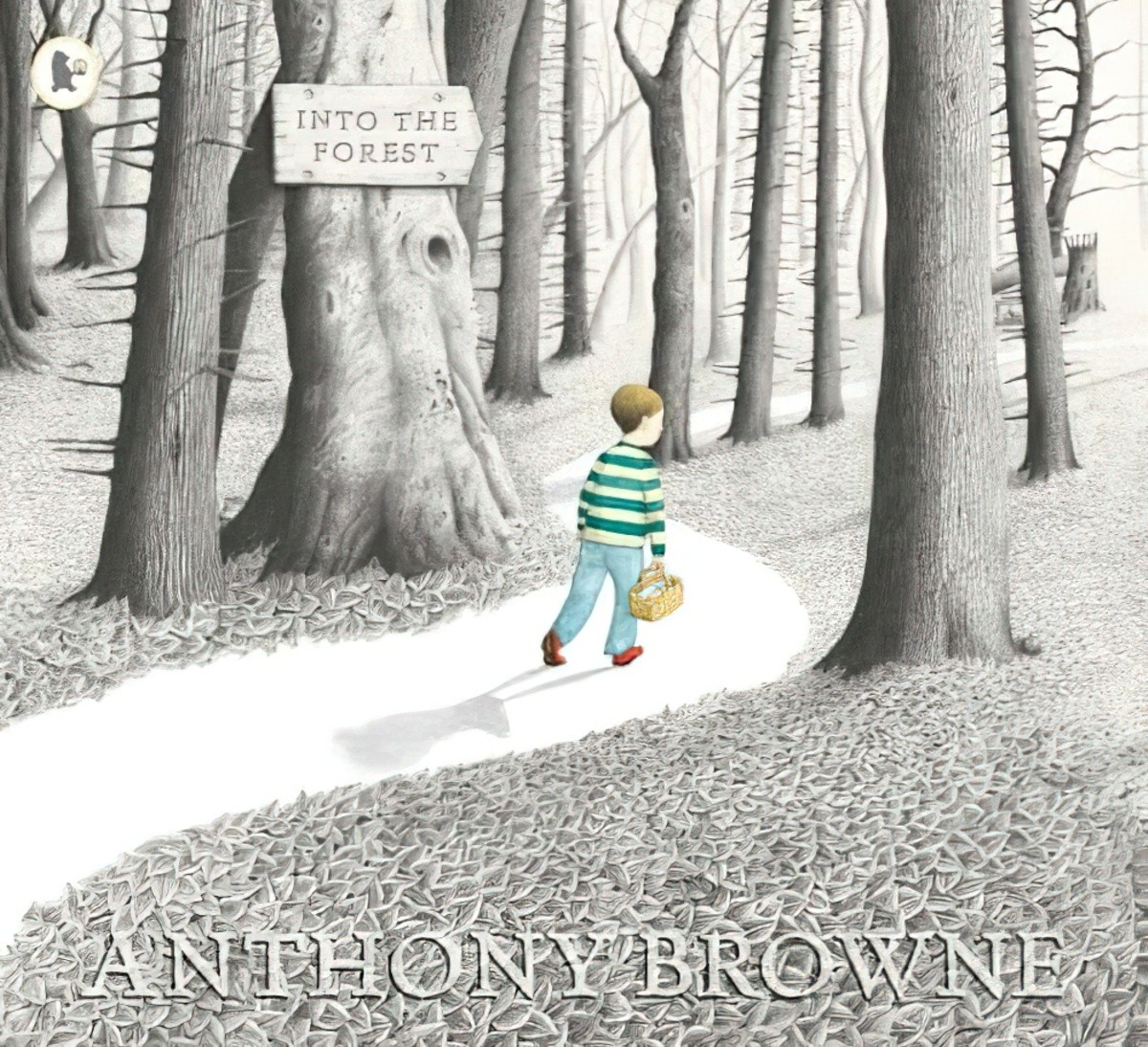-
The Technique of Ticking Clocks in Storytelling
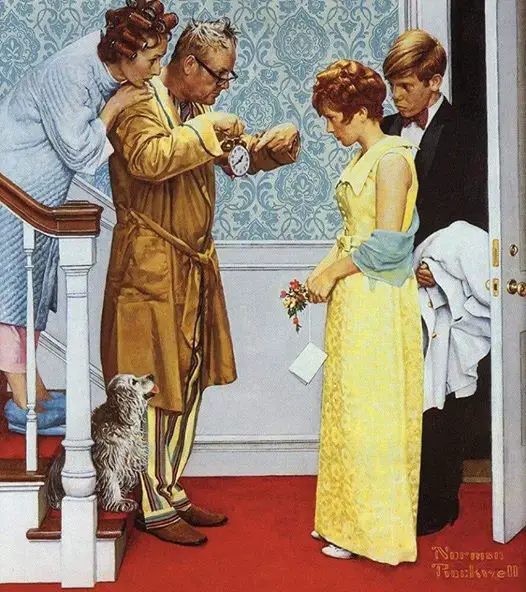
Once you notice ticking clocks in storytelling you see them in everything, so beware.
-
Loveykins by Quentin Blake Picture Book Analysis
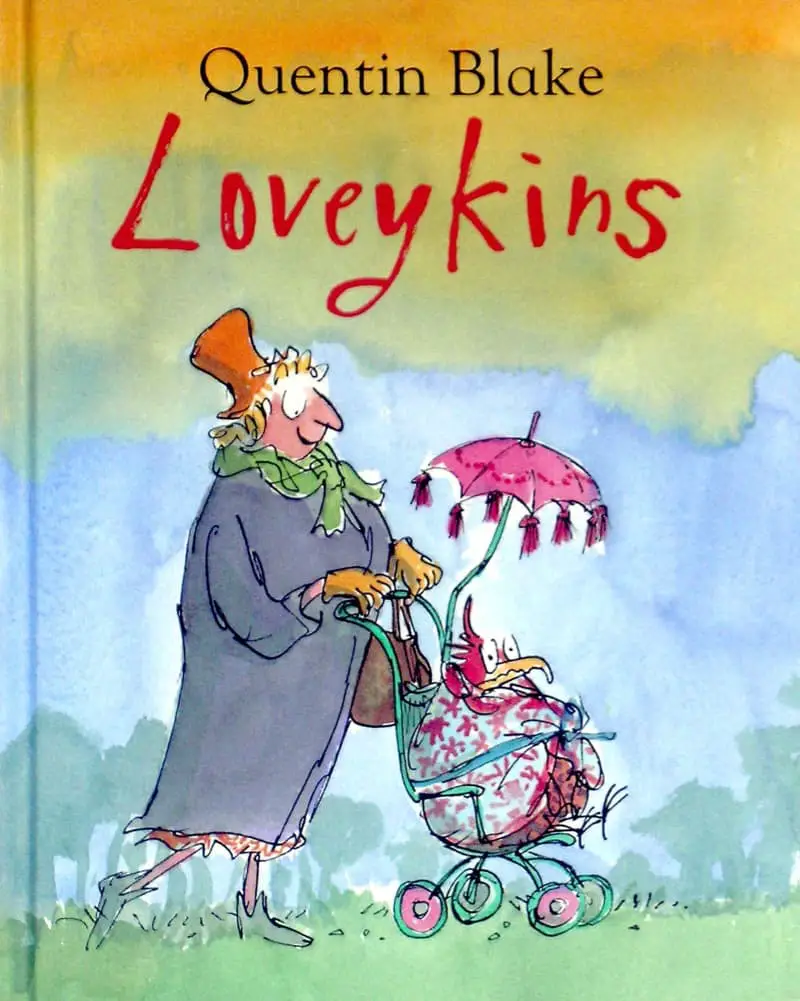
The ideology behind Loveykins: Wild creatures, while sometimes requiring some human nurturing if abandoned by their mother as babies, must eventually be returned to the wild. There is also a message against ‘over-mothering’ in this story. Let wild creatures be wild creatures is a close cousin to ‘let kids be kids’. Another picture book with […]
-
Olivia And The Missing Toy by Ian Falconer (2003) Analysis
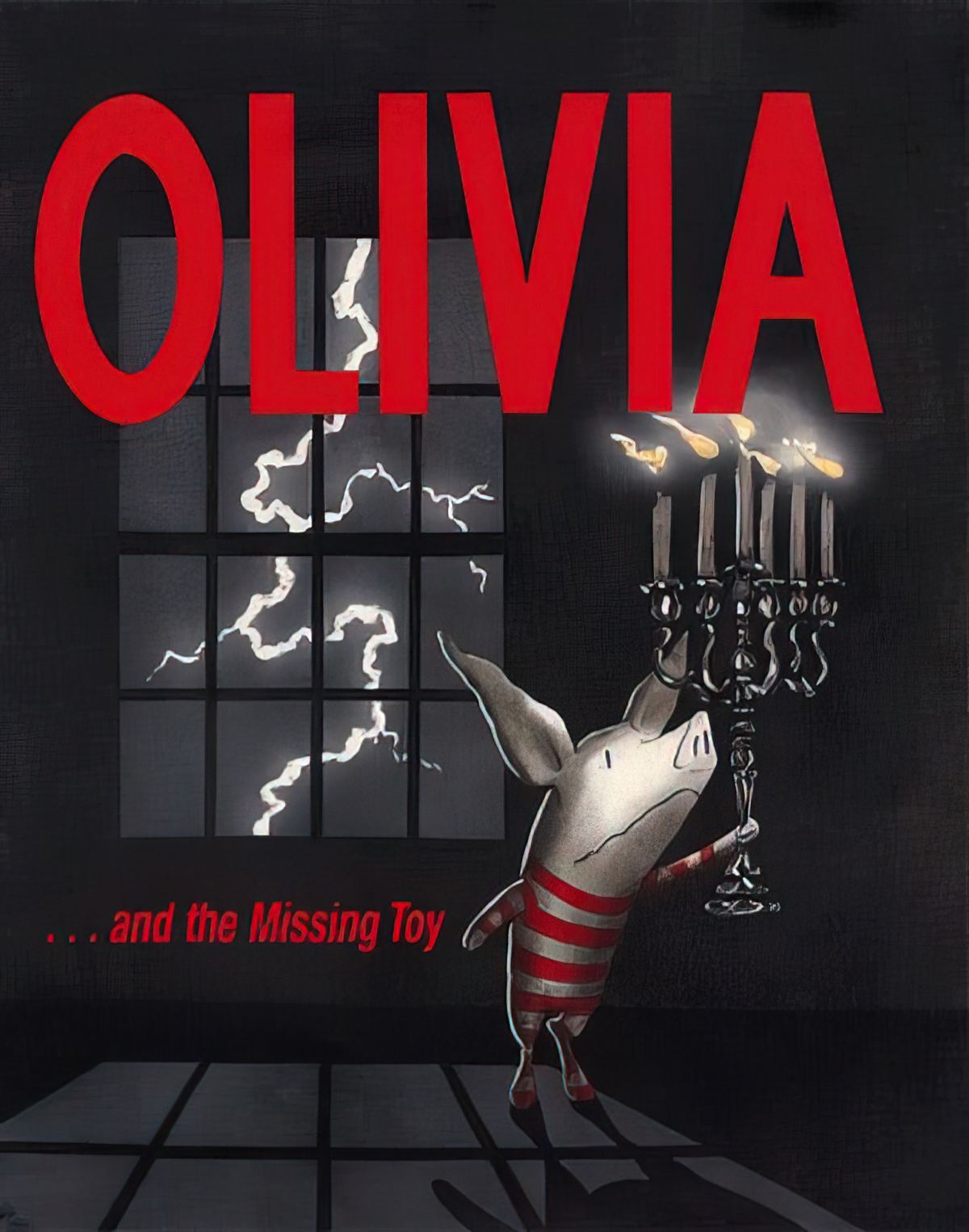
Olivia and the Missing Toy by Ian Falconer shows Olivia the Pig at her most bratty, and her parents at their most indulgent. There are several versions of the book cover of Olivia and the Missing Toy, and the dark one is the scarier of the two. The other is mostly white space, in keeping […]
-
The Soviet Union Children’s Books
Best Loved Books In The Former Soviet Union General Notes The early Soviet period was a miraculously rich time for children’s books and their illustrations. Philip Pullman To generalise about the young Russian/Soviet Union reader Pseudo-conflicts drive the plots Conservative attitudes in the Soviet Union publishing industry But that’s not what the young Russian reader wants […]
-
What Colour Is Your Sun?
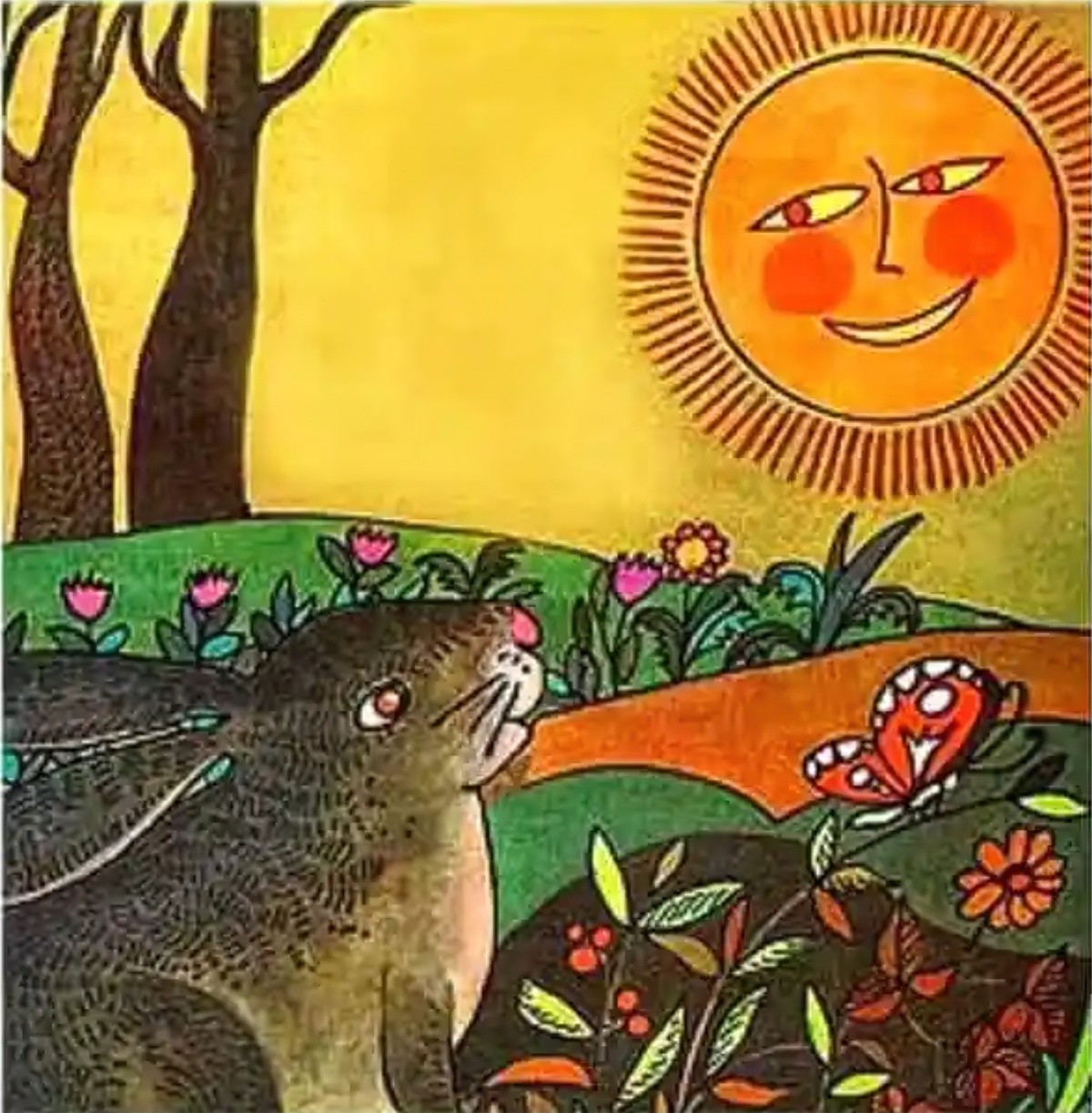
Different cultures view the sun differently. Ask a Western child to draw the sun and they will draw it yellow. Ask a Japanese child to draw the sun and they will draw it red. Our closest star is ‘actually’ white. I grew up in New Zealand and I drew it yellow. But when I lived as […]
-
Ocean Symbolism In Storytelling
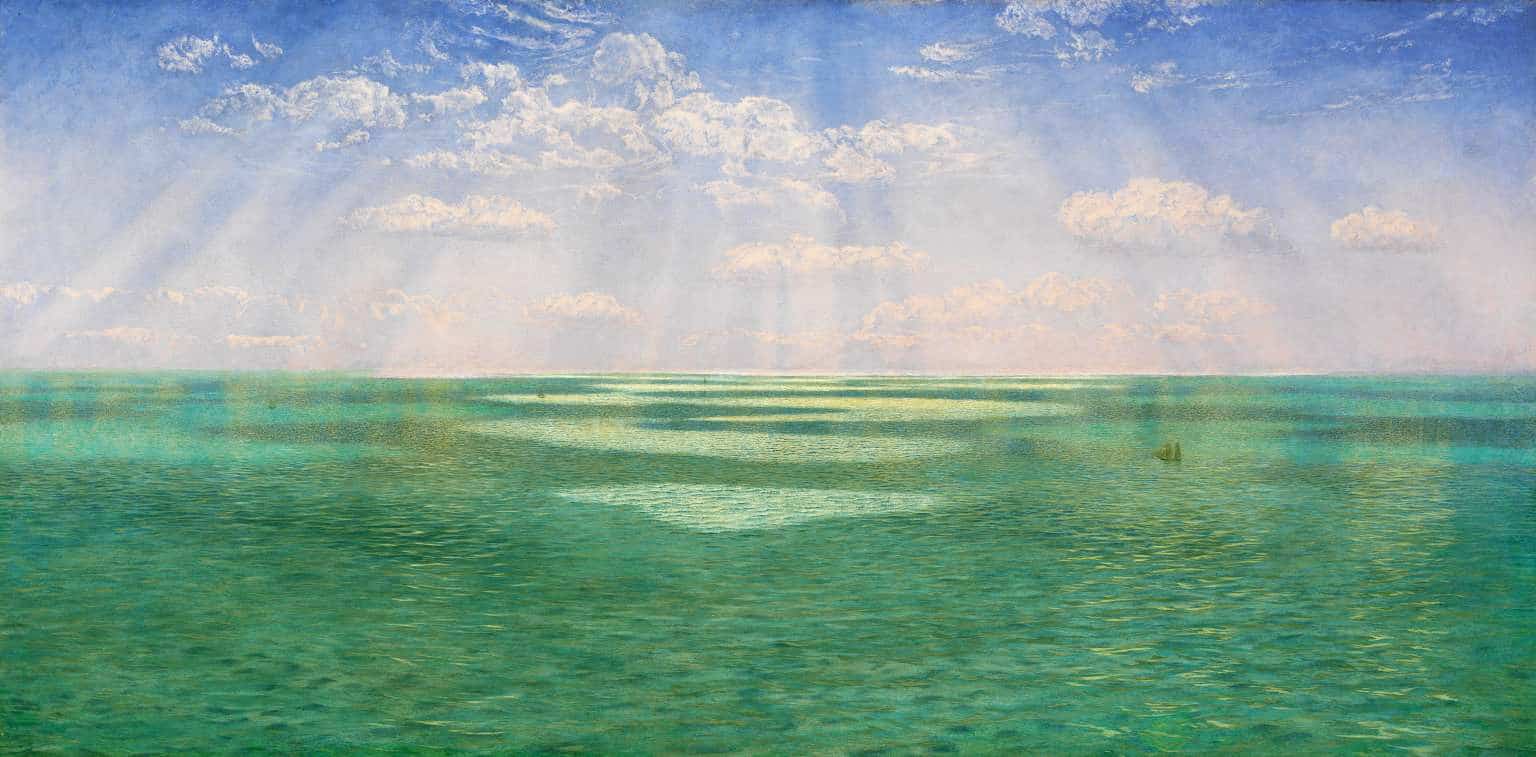
The ocean contains multivalent symbolism — the known and the unknown; surface versus deep. The circle is closed. Nothing ever comes to an end. Wherever one has sunk roots that emanate from one’s best or truest self, one will always find a home. To return is not to revisit something that has failed. I can […]
-
Picnics In Art and Storytelling
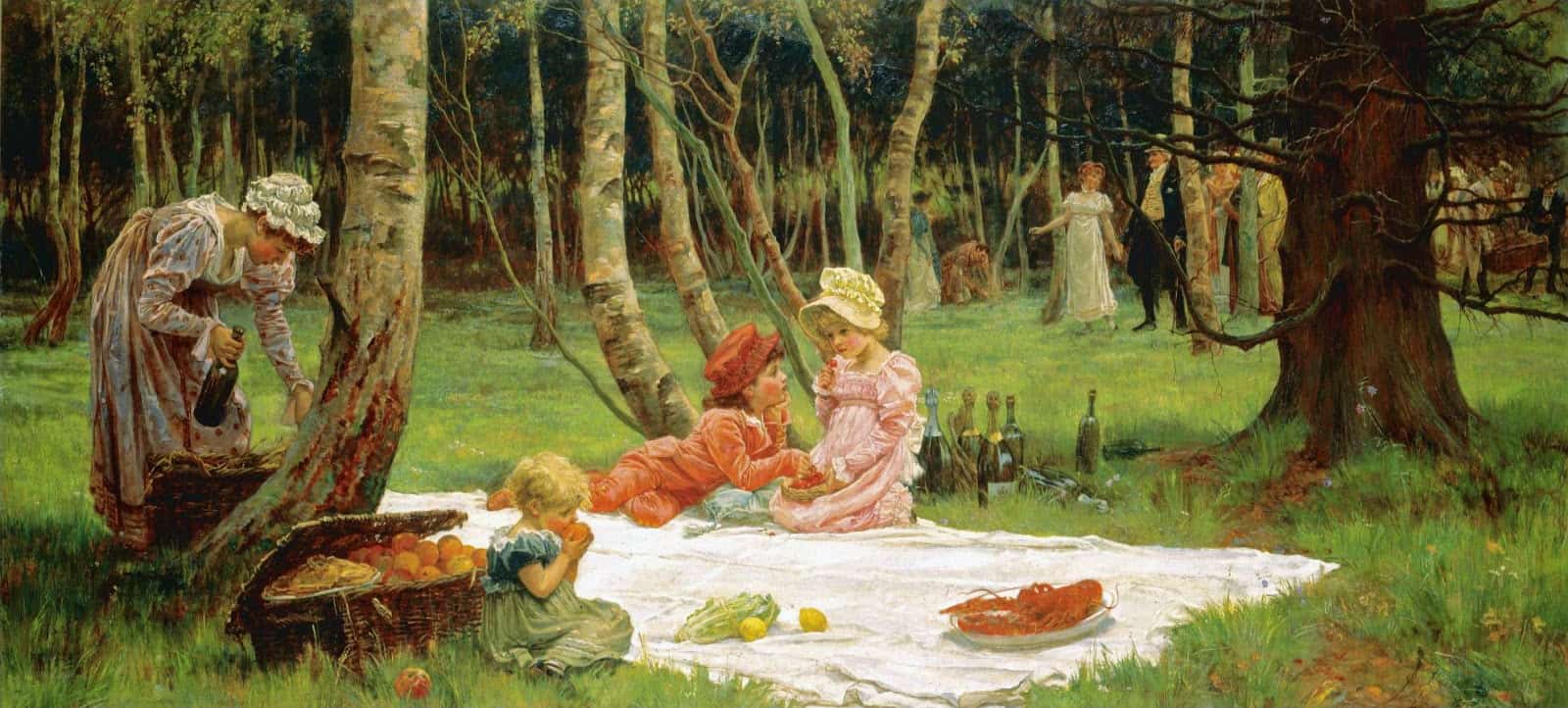
Picnics — literal picnics — play an important role in Western children’s literature. When discussing children’s literature, ‘picnic’ has a different, related meaning.
-
Upside-down Knitting In Picturebook Illustration
School Library Journal (Betsy Bird) posted an article about knitting as depicted in picture books — so often the knitting needles are coming out the top, whereas if you’ve ever knitted in real life you’ll know that the needles come out below the hands. This is a wonderful observation, and once you’ve noticed it you’ll […]
-
Common Wish Fulfilment In Children’s Fantasy
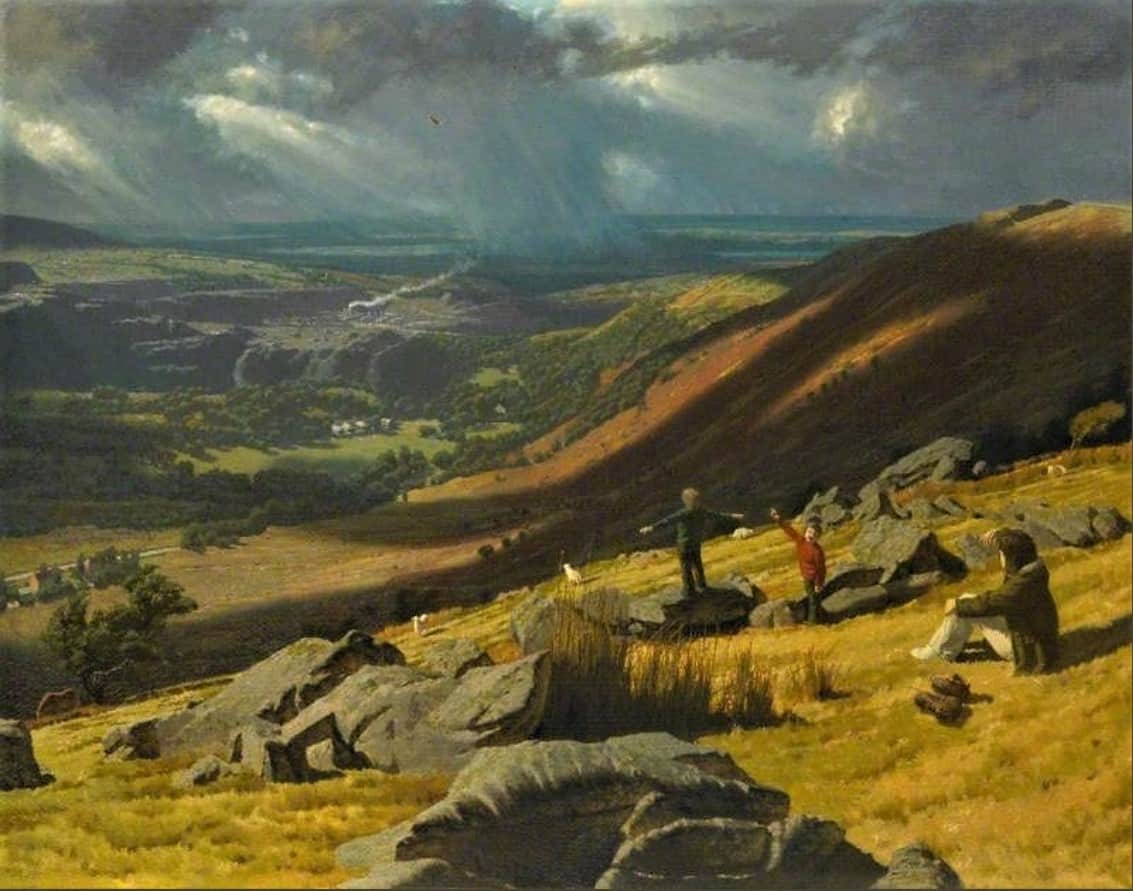
Genre fiction and children’s fiction often functions to allow the reader to experience a particular form of fantasy. Some wishes are considered more worthy than others. FIVE CHILDREN AND IT The classic book that is entirely about what happens when you wish: Five Children and It, by E. Nesbit, published 1902. Nesbit had a firm grasp […]
-
Moon Symbolism In Storytelling
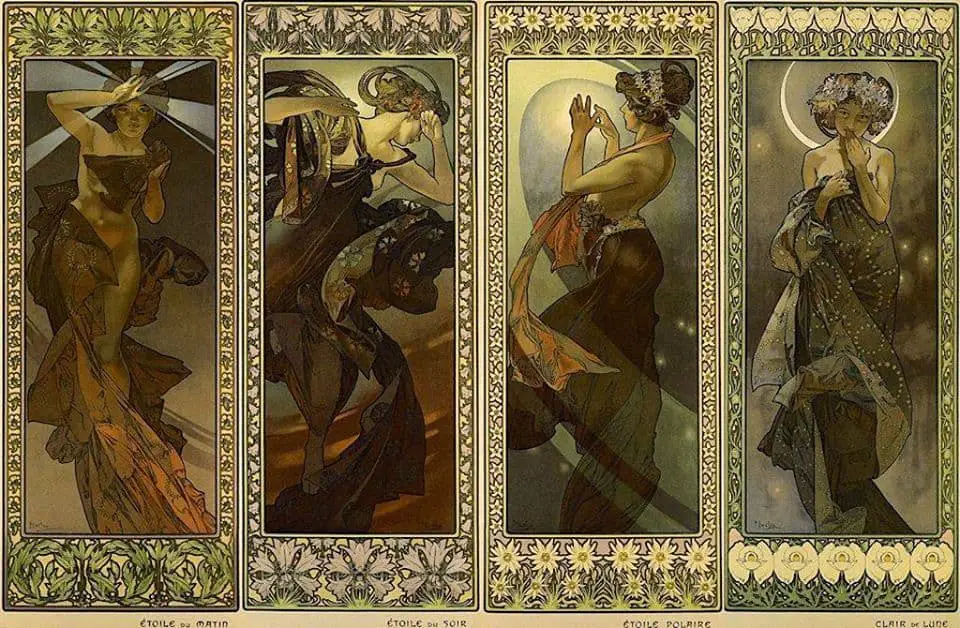
They wouldn’t be so cocky if they knew what me and the moon have going. Ken Kesey, One Flew Over the Cuckoo’s Nest OVERSIZED MOONS There is a rule that moons in picture books must be bigger than the look in real life, from anywhere on Earth. I didn’t fully realise this was a rule […]
-
Still Images In Picturebook Illustration
The ability to depict movement is perhaps the most important skill of a picture book illustrator. The same goes for comic book illustrators. But not everything is all about movement. Although a professional illustrator has to be good at depicting movement, there is a time and a place for ‘stills’, even inside ‘high-movement’ stories. Below I take a […]
-
City Kids, Country Kids in Children’s Literature
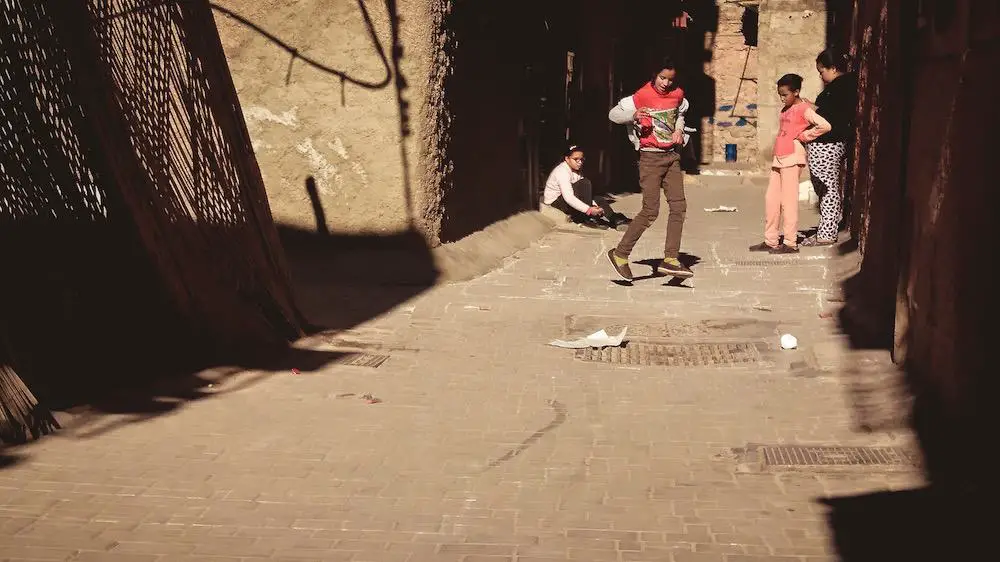
Read enough children’s literature and you’ll be left in no doubt: The city is bad for children. Take them out to the country, which is utopian, pristine and a veritable fantasy landscape. There was once an old woman who left the city to get away from all the noise and confusion. Out in the country […]
-
The American School System: A guide for those from Down Under
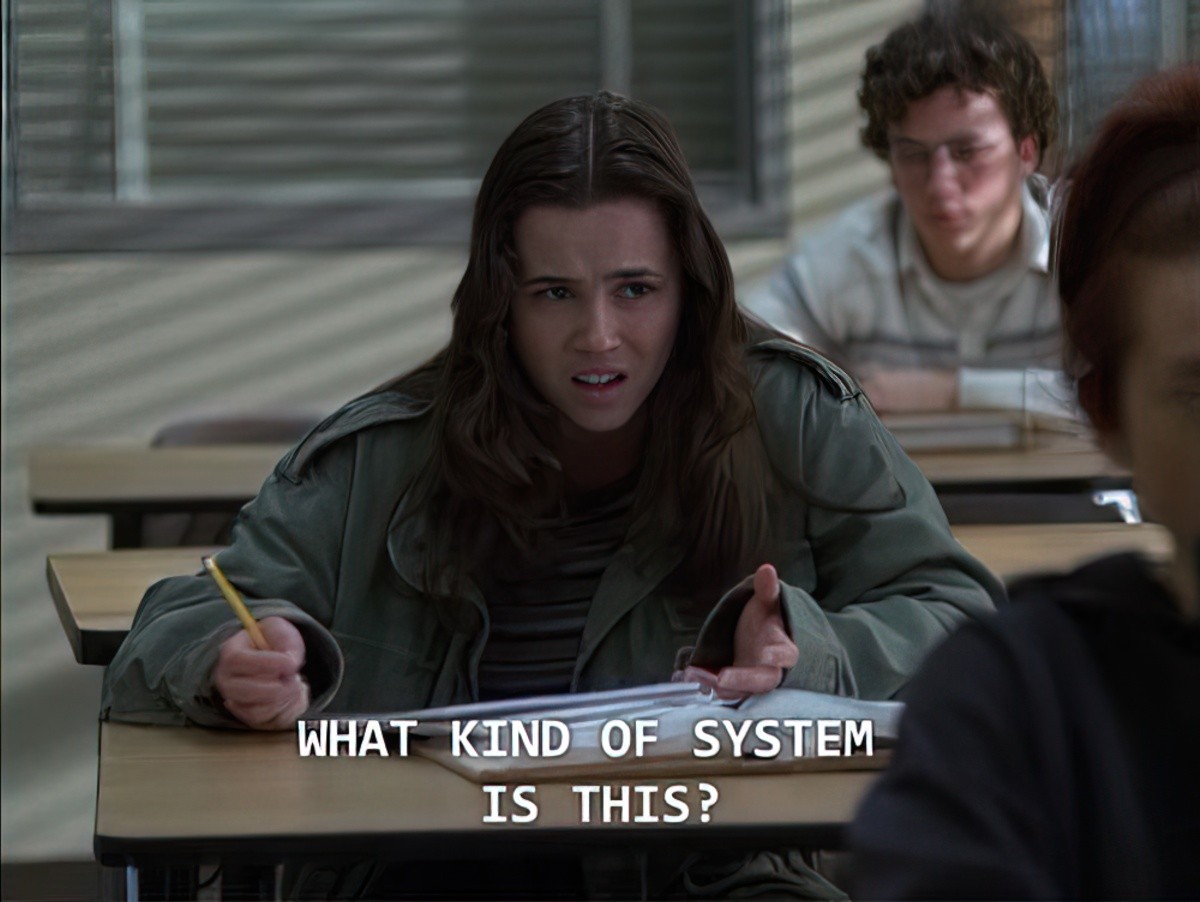
Down Under, we grow up reading American books and watching American TV, so the following words are familiar even if we don’t use them ourselves. That said, our language and culture is borrowing more and more from North America. High schools often have faculties now instead of departments, and I’ve heard teenagers start to say […]
-
Enid Blyton, Food and Ginger Beer
I’m no Enid Blyton apologist when it comes to word echo and other matters of style, but Enid Blyton never wrote the phrase ‘lashings of ginger beer’. This phrase was used in a popular parody called Five Go Mad In Dorset, and is now often mistakenly attributed to the author herself. Enid Blyton did use the […]
